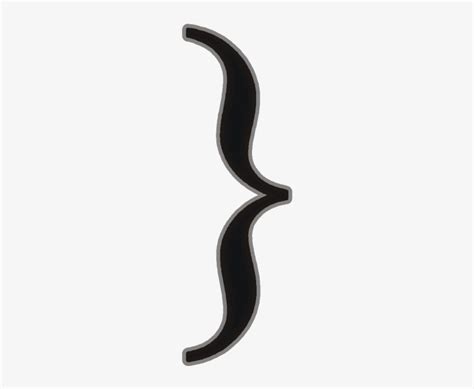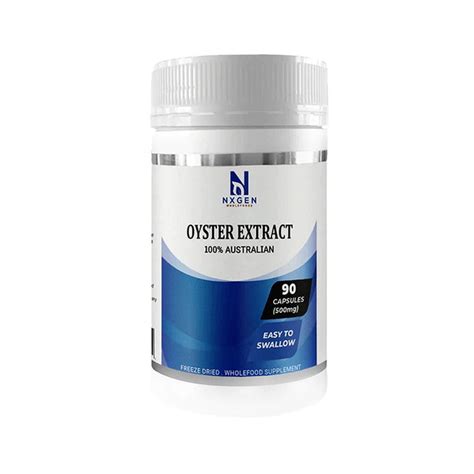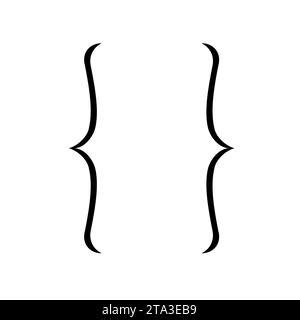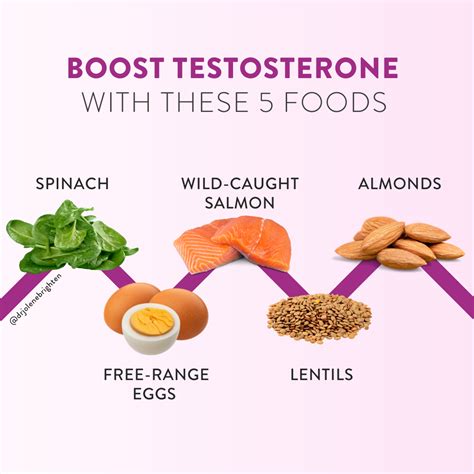The Unsung Hero: Zinc’s Role in Men’s Health
In the complex tapestry of human nutrition, certain micronutrients play disproportionately large roles despite being needed in minuscule amounts. For men, one such trace mineral stands out for its profound impact on two critical physiological systems: testosterone production and immune function. This often-overlooked and under-consumed nutrient is zinc.
Zinc is an essential mineral involved in over 300 enzymatic reactions in the body. Its widespread influence ranges from DNA synthesis and cell division to wound healing and sensory perception. However, for men, its contributions to endocrine and immune health are particularly noteworthy, making adequate intake non-negotiable for optimal well-being.

Zinc and Testosterone: A Vital Connection
Testosterone, the primary male sex hormone, is crucial for muscle mass, bone density, fat distribution, red blood cell production, and libido. Research has consistently demonstrated a strong link between zinc levels and testosterone production. Zinc acts as a potent enzyme activator and plays a role in the regulation of several hormones, including Luteinizing Hormone (LH), which signals the testes to produce testosterone.
Studies have shown that even a marginal zinc deficiency can lead to a significant drop in testosterone levels, particularly in older men or those engaged in intense physical activity. Conversely, zinc supplementation in deficient individuals has been observed to restore testosterone levels to a healthier range. This makes maintaining adequate zinc intake a foundational strategy for supporting male hormonal balance.
Boosting Immunity: Zinc’s Protective Power
Beyond its hormonal influence, zinc is a cornerstone of a robust immune system. It is vital for the development and function of immune cells, including T-lymphocytes and natural killer cells, which are crucial for fighting off infections and diseases. Zinc also acts as an antioxidant, helping to reduce oxidative stress and inflammation, further bolstering the body’s defense mechanisms.
A deficiency in zinc can severely impair immune function, leading to increased susceptibility to infections, longer recovery times, and a general weakening of the body’s protective barriers. Given the constant exposure to pathogens, ensuring sufficient zinc intake is paramount for men looking to maintain strong immunity and overall resilience.

Why Many Men Are Under-Consuming Zinc
Despite its critical importance, zinc deficiency is surprisingly common, especially among men. Several factors contribute to this under-consumption:
- Dietary Choices: Many popular Western diets are rich in processed foods, which are often low in zinc and other essential micronutrients.
- Phytates in Plant Foods: Plant-based foods like legumes and whole grains contain phytates (phytic acid), which can bind to zinc and other minerals, inhibiting their absorption. While these foods are healthy, proper preparation (soaking, sprouting, fermenting) can reduce phytate content.
- Intense Physical Activity: Athletes and very active individuals may have increased zinc requirements due to loss through sweat and increased metabolic demand.
- Alcohol Consumption: Regular alcohol intake can impair zinc absorption and increase its excretion from the body.
- Aging: As men age, nutrient absorption can decrease, and dietary intake may become less varied, increasing the risk of deficiency.

Top Food Sources of Zinc for Men
Fortunately, incorporating zinc-rich foods into your daily diet is both delicious and effective. Here are some of the best natural sources:
1. Oysters
Unquestionably the king of zinc sources, oysters provide a massive dose of the mineral. Just a few medium oysters can fulfill or even exceed the daily recommended intake for men (11 mg).
2. Red Meat
Beef, lamb, and pork are excellent sources of highly bioavailable zinc. A 3-ounce serving of cooked beef can provide over 50% of the daily value. Opt for leaner cuts and grass-fed options when possible.
3. Poultry
Chicken and turkey, particularly dark meat, contain significant amounts of zinc. Including these regularly in meals can contribute substantially to your intake.

4. Legumes
Lentils, chickpeas, and beans offer a good plant-based source of zinc. Soaking and sprouting can help reduce phytate content and improve absorption.
5. Seeds
Pumpkin seeds, hemp seeds, and sesame seeds (tahini) are fantastic snack options or additions to salads and yogurt. Pumpkin seeds, in particular, are packed with zinc.
6. Nuts
Cashews and almonds provide decent amounts of zinc, along with healthy fats and other minerals. A handful a day can contribute to your overall intake.
7. Dairy Products
Milk, cheese, and yogurt contain zinc, though in smaller amounts compared to meat and seafood. They can still contribute to your daily total, especially if consumed regularly.
8. Dark Chocolate
A pleasant surprise for many, dark chocolate (70% cacao or higher) offers a good amount of zinc, along with antioxidants. Enjoy in moderation.

Conclusion: Prioritizing Zinc for Men’s Health
Zinc is an indispensable trace mineral for men, playing a critical role in maintaining healthy testosterone levels and ensuring a robust immune system. Given its frequent under-consumption in the average male diet, actively seeking out and incorporating zinc-rich foods is a simple yet powerful strategy for optimizing health. By focusing on a diverse diet that includes oysters, red meat, poultry, seeds, legumes, and nuts, men can help ensure they are fueling their bodies with this vital nutrient, supporting both their hormonal balance and their ability to fend off illness.




